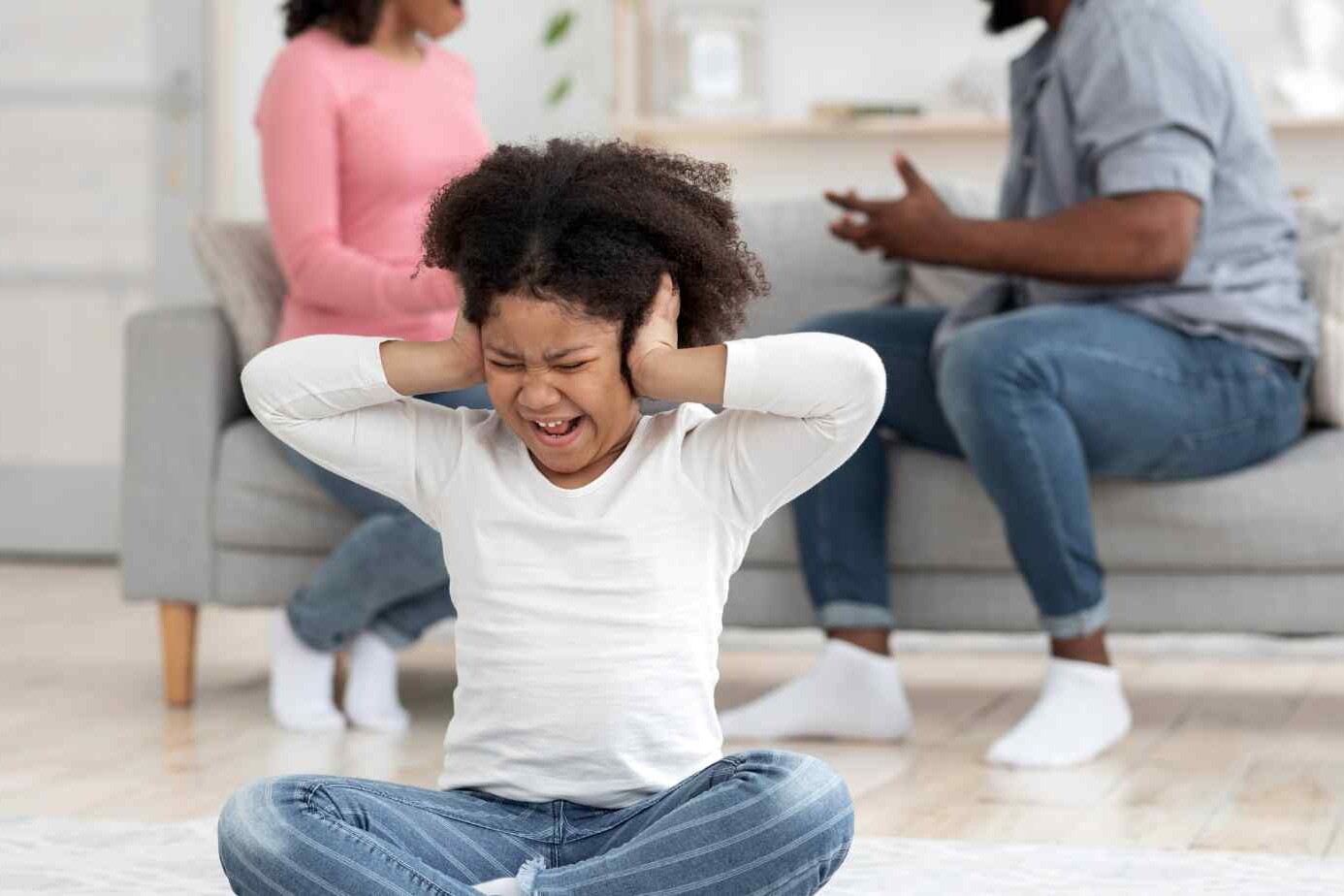Good mental health is key to feeling whole, but it’s hard to keep up with daily life. Luckily, there are many fun mental health activities for adults. These activities help you deal with stress, grow stronger, and know yourself better. They support your emotional, psychological, and social health, making it easier to live healthier.
If you want to feel happier, understand yourself better, or just relax, this guide is for you. It covers a wide range of mental health activities that are both fun and helpful. You’ll find everything from mindfulness exercises to creative hobbies to add to your self-care.
Remember, taking care of your mental health is vital for a happy life. By doing activities that boost your well-being, you can handle stress better, stay positive, and connect more with yourself and others. So, let’s start exploring these engaging mental health activities for adults!
Table of Contents
ToggleWhy Mental Health Activities Matter
Doing mental health activities is key to feeling good overall. They help you work on your mental health. This can prevent some mental health issues or make them less severe.
Proactive Mental Health Management
Mental health activities are great for taking care of your mind. By doing things like meditation, journaling, or exercising, you boost your mental strength. This helps you deal with life’s tough times better and stay positive.
Building Resilience
These activities do more than just help with mental health issues. They help you become more resilient. This means you can handle stress and get back on track after hard times. It makes you better at overcoming life’s challenges.
Enhancing Self-Awareness
Activities like journaling or mindfulness make you more aware of yourself. They help you understand your thoughts and feelings better. This knowledge lets you manage yourself better and find better ways to cope, which is good for your mental health.
By doing different mental health activities, you can take charge of your mental health. You’ll become more resilient and self-aware. These are key to a happy and balanced life.
Mindfulness and Meditation Exercises
Practicing mindfulness exercises and meditation can greatly improve your mental health. It helps you focus on the now by using your breath or body sensations. This can reduce stress and anxiety, making you feel calmer.
These practices make you more aware of your thoughts, feelings, and body. This awareness helps you handle challenges better. Regularly doing these exercises can change how you feel overall.
- Breath awareness meditation: Pay attention to your breathing, noticing each inhale and exhale without thinking too much about it.
- Body scan meditation: Slowly focus on each part of your body, noticing any feelings or tightness.
- Mantra meditation: Repeat a calming word or phrase in your mind to keep your thoughts steady and relaxed.
- Guided imagery: Imagine a peaceful place to help you feel calm and happy.
Adding these mindfulness and meditation practices to your daily life can be very helpful. They can help you deal with stress, control your emotions, and find more peace inside. Try different methods to see what works best for you.
Journaling for Emotional Well-being
Writing down your thoughts and feelings can greatly improve your mental health. It’s great for practicing gratitude, tracking your mood, or understanding yourself better. Journaling brings many benefits that can make you feel emotionally better.
Gratitude Journaling
Gratitude journaling means writing about what you’re thankful for. It helps change your focus to the positive side of life. By doing this, you learn to value the small pleasures and see the good around you.
This practice has been linked to a happier mood, more optimism, and a better life overall.
Mood Tracking
With mood tracking, you record your emotions and feelings during the day. This gives you insights into your mental health. You can see patterns in your mood and understand what affects your feelings.
This is very helpful for those facing mental health issues. It lets you see how you’re doing over time and find out what triggers your emotions.
Adding journaling to your daily routine can change your life. You might focus on gratitude, mood tracking, or both. Writing helps with self-reflection, managing emotions, and understanding yourself better. Start journaling and see how it helps with your mental health, gratitude, and mood tracking.
Physical Activities for Mental Health
Keeping fit can greatly improve your mental health. Regular physical activity for mental health helps lower anxiety, stress, and depression. Activities like a brisk walk, yoga, running, or lifting weights can help. Exercise and mental well-being are closely linked.
Exercise does wonders for both body and mind. By doing physical exercise benefits, you boost your fitness and brain health. It can make you feel happier, more energetic, and better overall. Eating foods full of omega-3 and vitamin D also helps your mental health.
- Try daily activities like walking, jogging, or cycling to improve your mental health.
- Look into different exercises, like strength training or high-intensity workouts, to find what you like and suits you best.
- Join a sports team or start a new hobby to add social fun and community to your exercise routine.
It’s important to pick activities you like and can do every day. By focusing on physical activity for mental health, you can see how your body and mind work better together.

Creative Pursuits and Hobbies
Doing things you love can greatly improve your mental health. Creative hobbies act as natural mood lifters. They offer a break from stress and help you relax. Whether it’s making art or dancing, these activities boost your well-being.
Art and Crafts
Art can be a great way to reflect, relax, and manage emotions. Activities like painting or crafting let you be creative and mindful. Making something with your hands is therapeutic. It helps you focus and escape anxious thoughts.
Music and Dance
Music and dance are great for your mental health. Listening to music or playing an instrument can calm you down. Dancing lets you express yourself, lift your mood, and improve your health. Whether it’s a fun dance class or a calming yoga session, these activities change your mental health for the better.
Adding creative hobbies to your life supports your mental health. Through art, music, and dance, you open up new ways to express yourself, relax, and manage emotions. This can make you feel better mentally and more resilient.
Social Connections and Support Groups
Having strong social connections and being part of supportive communities greatly helps your mental health. By taking part in social activities, you can feel better and lessen depression symptoms.
Connecting with family, joining groups with similar interests, or helping out in local projects can make you feel like you belong. These activities create a support system that’s key for staying emotionally balanced and resilient.
Being in mental health support groups, either online or in person, is also very helpful. These groups are safe places where you can share your story, get support, and learn from others who understand what you’re going through.
Putting social connections and community support first is good for your mental health. Whether you’re into community mental health events or support groups, being socially active can change your life for the better.
Mental Health Activities for Adults
Mental health is key to feeling good overall. Adding different activities to your day can really help your mood and mind. This guide shares many ways adults can look after their mental health, get stronger, and know themselves better.
There are many options, from mindfulness and meditation to writing, moving your body, and making art. Trying these out can help you handle stress and anxiety better. It also helps keep your emotions in balance.
Adding these activities to your daily life can change how you feel. They can help reduce stress, improve your mood and health, or just make you feel better overall. These activities are great for anyone wanting to focus on their mental health.
- Mindfulness and meditation exercises
- Journaling, including gratitude journaling and mood tracking
- Physical activities, such as exercise, yoga, and outdoor pursuits
- Creative pursuits, like art, music, and dance
- Engaging in social connections and support groups
- Practicing relaxation techniques, such as deep breathing and progressive muscle relaxation
- Exploring cognitive-behavioral therapy activities, like thought records and cognitive restructuring
- Spending time in nature and engaging in outdoor activities
By adding these self-care and wellness activities to your day, you’re taking steps to look after your mental health. This can make your life better overall.
Relaxation Techniques
Keeping good mental health is key for our overall well-being. Adding relaxation techniques to your daily life can help. These methods can cut down stress, slow your heart rate, and bring calm and focus.
Deep Breathing Exercises
Deep breathing is a simple yet strong way to relax. By focusing on your breath, you can start your body’s relaxation response. This can help you manage anxiety, lower stress, and boost your mental health.
Progressive Muscle Relaxation
Progressive muscle relaxation is another great technique. It means tensing and then relaxing each muscle group in your body. This helps you notice and release physical tension. By doing this, you can relax more deeply and feel less stressed or anxious.
Using relaxation techniques like deep breathing and progressive muscle relaxation can help with stress. Find what works for you and stick with it to improve your mental health.

If you’re facing anxiety or mental health issues, get help from a professional. They can offer personalized support and help you find natural ways to deal with anxiety.
Cognitive Behavioral Therapy Activities
Cognitive Behavioral Therapy (CBT) activities are great for improving mental health. They include thought records and cognitive restructuring as key techniques.
Thought Records
Thought records mean writing down your thoughts, feelings, and actions. This helps you see your thought patterns and spot negative beliefs. It lets you challenge these thoughts for a more balanced view.
Cognitive Restructuring
Cognitive restructuring is about changing negative thoughts to positive, true ones. This technique helps you think more positively and less distorted. It makes your feelings better and changes how you see things.
Using CBT activities like thought records and cognitive restructuring can help you. They work well with therapy and let you take charge of your mental health. These methods are proven to help with anxiety, depression, stress, and trauma.
By trying out thought records and cognitive restructuring, you learn to spot and change negative thoughts. This boosts your well-being and makes you more resilient.
Nature and Outdoor Activities
Spending time in nature can greatly improve your mental health. It could be a walk in the park or a hike in the mountains. Being in nature can deeply affect your well-being.
Studies show that nature activities help reduce stress, anxiety, and depression. Just breathing in fresh air and enjoying the outdoors can calm your mind. It helps you feel more connected and grounded.
There are many outdoor activities that can improve your mental health. You can garden, watch birds, camp, or kayak. These activities make you appreciate nature more and help you feel peaceful and balanced.
- Hiking through scenic trails to reconnect with nature
- Gardening or tending to a backyard oasis to nurture both plants and your mental health
- Engaging in outdoor sports and activities like cycling, swimming, or rock climbing to boost physical and mental resilience
- Simply taking a mindful stroll in your local park or green space to reap the benefits of spending time in nature
Adding nature activities to your self-care can greatly help your mental health. By enjoying the benefits of spending time in nature, you can find peace, clarity, and connection. This can improve your life in many ways.
Professional Support and Resources
The mental health activities in this guide are very helpful. But, they can’t replace professional care. If you’re facing ongoing, serious mental health issues, it’s key to get help from experts.
Experts like therapists, counselors, or psychologists offer specific support and proven treatments. They’re trained to help you find coping strategies, deal with feelings, and improve your well-being.
There are also many mental health resources that can add to your professional care. These include hotlines, online groups, educational stuff, and local groups focused on mental health.
By getting professional help and using these resources, you can take a full approach to your mental health. Remember, you’re not alone in this fight. There are experts and resources here to help you every step of the way.
Conclusion
Engaging in various mental health activities is a great way for adults to handle their emotions better. It helps build resilience and improves life quality. Activities like mindfulness and meditation, creative pursuits, and nature can be part of your daily life.
Putting self-care first and using available resources and support can greatly improve your mental health. It’s important to try different activities and find what works for you. Making mental health a top priority is key.
These mental health activities can help reduce stress, lift your mood, and increase self-awareness. They are powerful tools for better well-being. Start your self-care journey and live your best life.
FAQ
What are mental health activities and how do they support well-being?
Mental health activities help with your emotional, psychological, and social health. They help you handle stress, connect with others, and make healthy choices. These activities can lessen the impact of mental health issues by offering structure and promoting better habits.
They also boost your mood, increase resilience, and help you understand your mental state better.
How can mental health activities contribute to building resilience?
Mental health activities are about learning to deal with stress and recover from tough times. They teach you to be more aware of yourself. This helps you face challenges with clarity and calm.
Doing these activities regularly can greatly improve your mental health.
What are the benefits of mindfulness and meditation exercises?
Mindful meditation helps you stay in the moment by focusing on your breath or body. It reduces stress and anxiety, making you feel calmer. These practices improve your awareness of thoughts, feelings, and body sensations.
This helps you handle challenges better with clarity and calmness.
How can journaling support emotional well-being?
Writing down your thoughts and feelings helps you understand your emotions better. Gratitude journaling shifts your focus to positive thoughts. Mood tracking shows patterns and what affects your mood.
Journaling offers a chance for self-reflection and has been shown to improve mood in people with mental health issues.
How do physical activities impact mental health?
Regular exercise can make you feel less anxious and depressed. It supports your overall health, including your brain health. This can improve your mood and energy levels.
Good nutrition also helps your mental health by managing mood disorders with certain nutrients.
How can creative pursuits and hobbies enhance mental well-being?
Enjoying activities you love can act as a natural mood booster. Hobbies offer a break from daily stress, bring joy, and help you relax. Creative activities like art and crafts boost self-expression and relaxation.
Music and dance are great for managing emotions, reducing stress, and improving your mood.
How do social connections and support groups benefit mental health?
Being around others makes you feel better and lowers depression. Connecting with your community, friends, or joining groups with shared interests can boost your mental health. These connections give you a sense of belonging and support.
They are key for emotional balance and resilience.
What are some relaxation techniques that can help manage stress and anxiety?
Activities like deep breathing, yoga, or progressive muscle relaxation can reduce stress and anxiety. They lower your heart rate and make you feel calm and focused. These exercises are great for managing stress and improving mental well-being.
How can Cognitive Behavioral Therapy (CBT) activities support mental health?
CBT activities, like thought records and cognitive restructuring, are helpful for mental health improvement. They let you change beliefs and challenge negative thoughts. This empowers you to take charge of your mental health.
How do nature-based activities benefit mental well-being?
Being in nature can calm your mind. Outdoor activities like hiking or gardening offer a sense of grounding and connection. Nature-based activities reduce negative thoughts, increase positive feelings, and help restore your mental health.
When should I seek professional support for mental health challenges?
While the activities mentioned here are great, they shouldn’t replace professional care. If you’re facing serious mental health issues, get help from mental health experts. They offer specific support and evidence-based treatments for your mental health needs.
Source Links
About The Author

This article is medically reviewed by Dr. Chandril Chugh, Board-Certified Neurologist, providing expert insights and reliable health information.
Dr. Chandril Chugh is a U.S.-trained neurologist with over a decade of experience. Known for his compassionate care, he specializes in treating neurological conditions such as migraines, epilepsy, and Parkinson’s disease. Dr. Chugh is highly regarded for his patient-centered approach and dedication to providing personalized care.
→ Book a consultation to discover which remedies suit your needs best.




